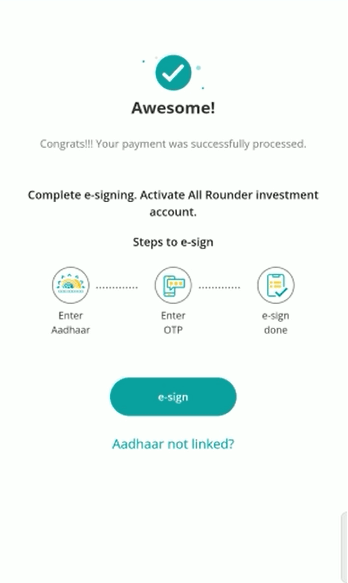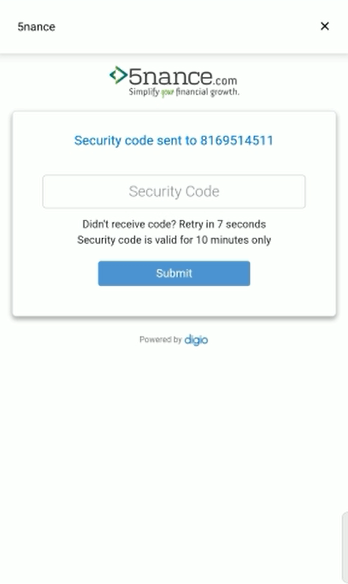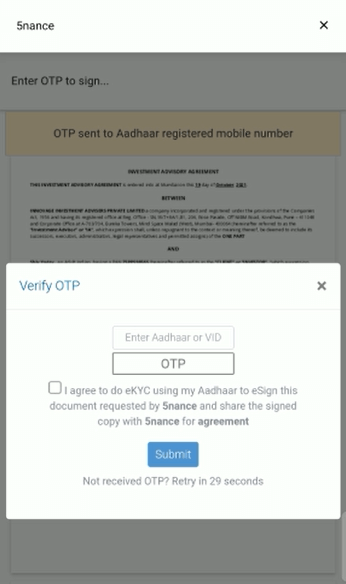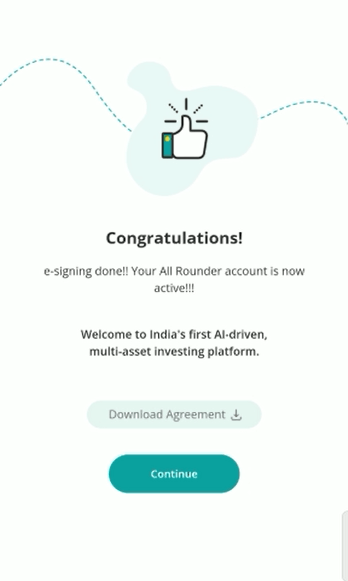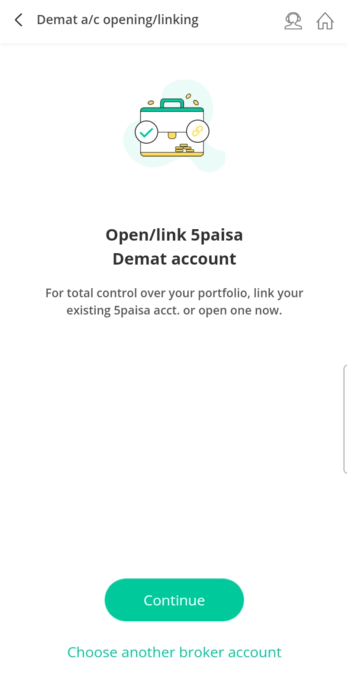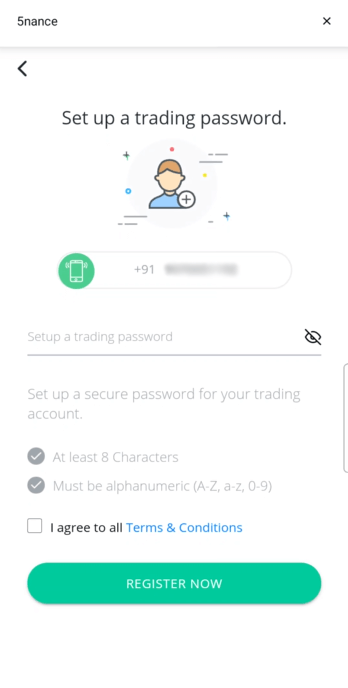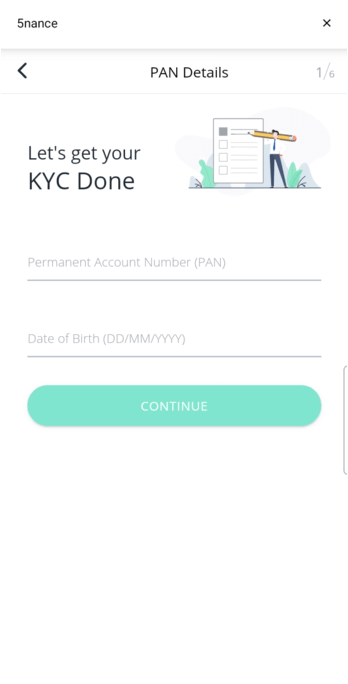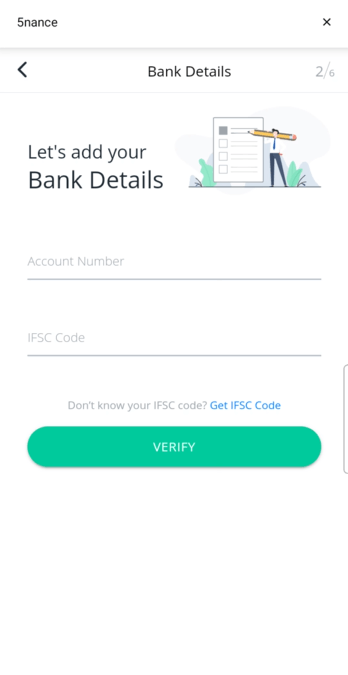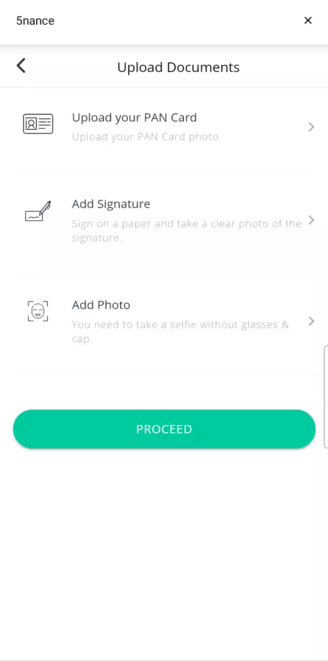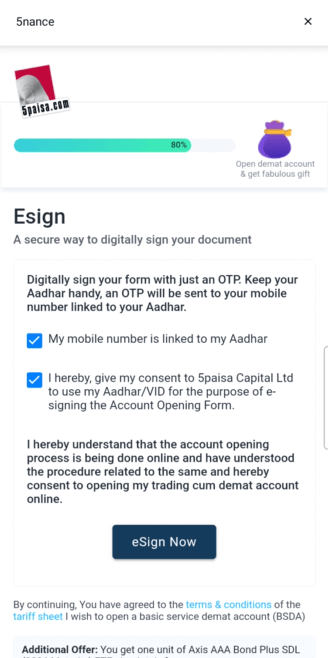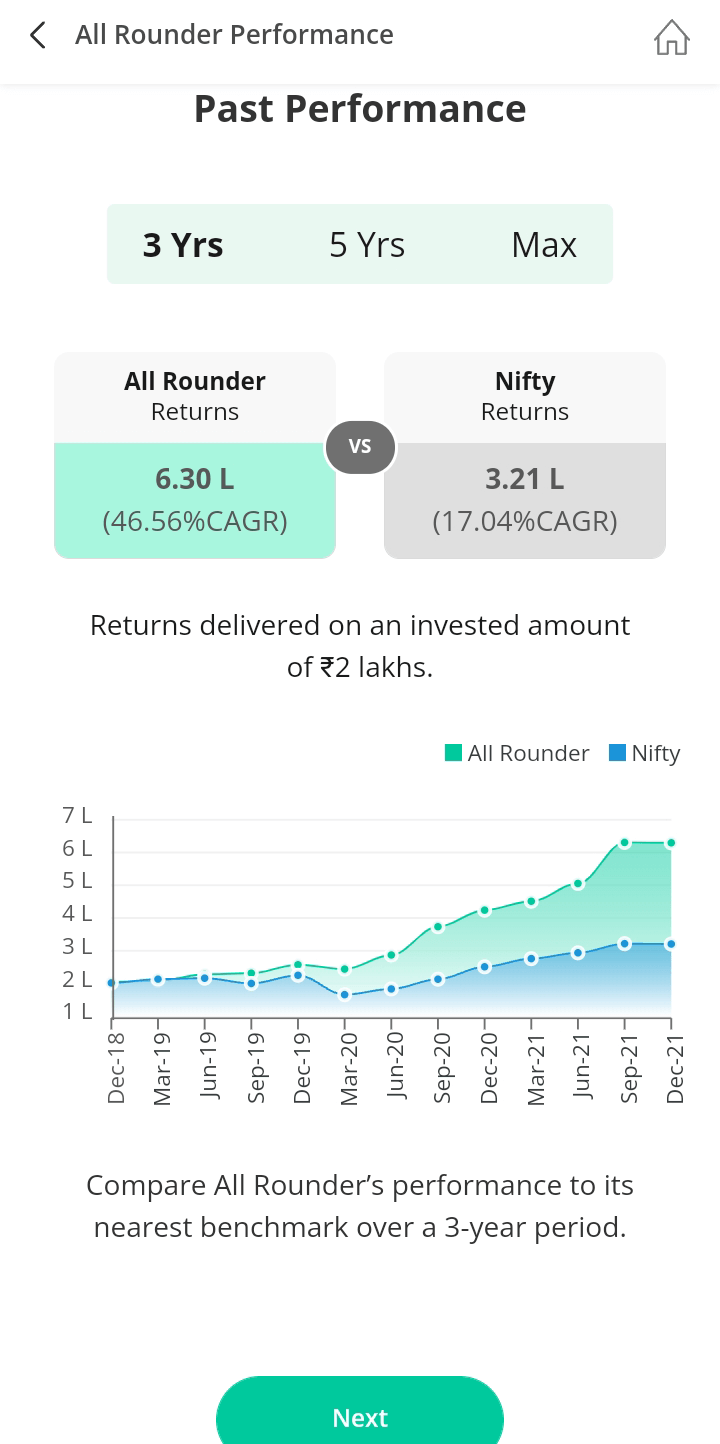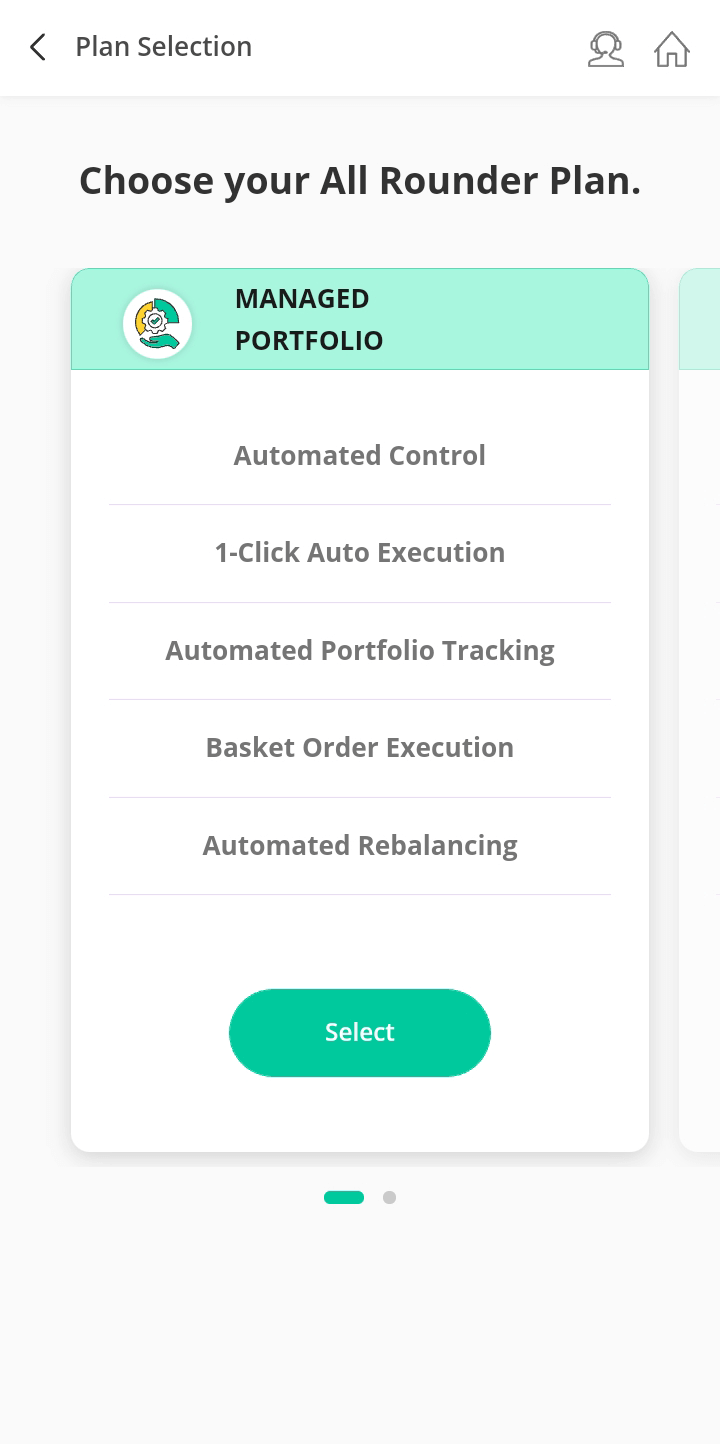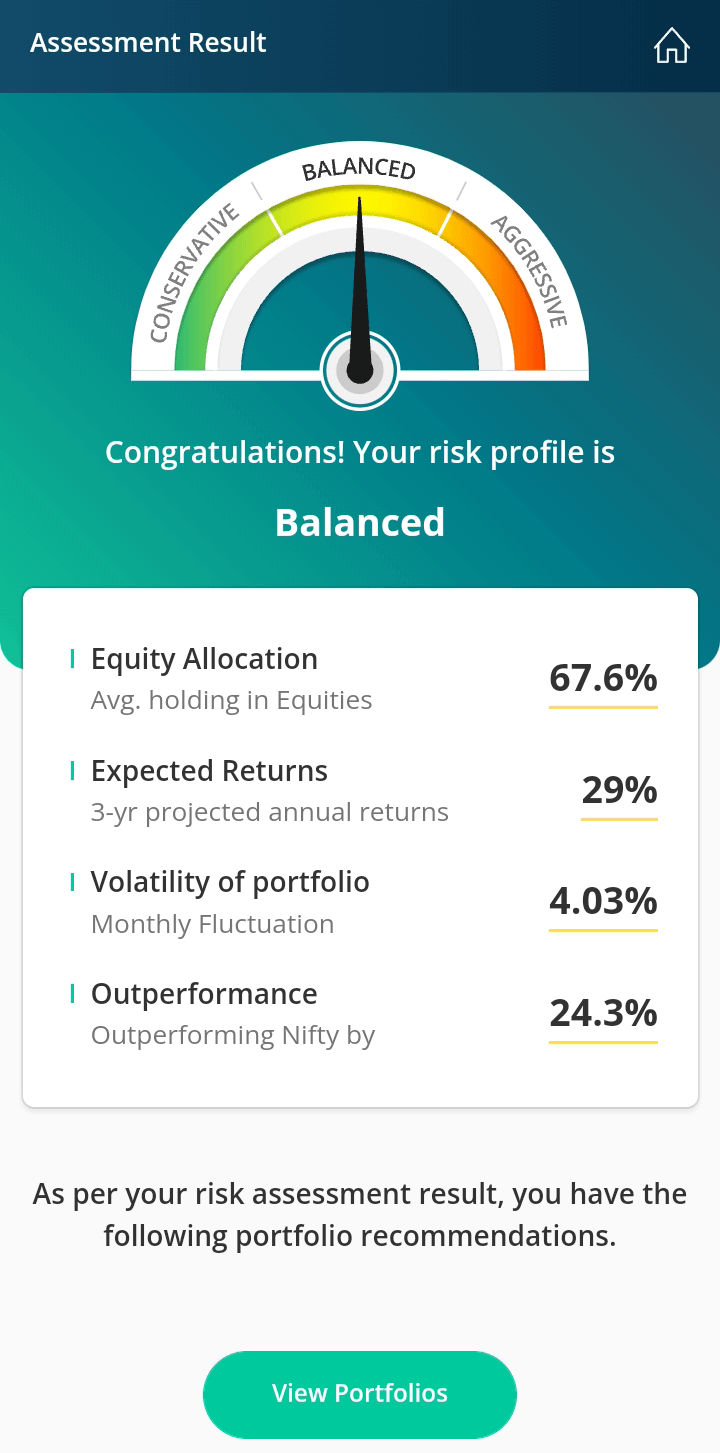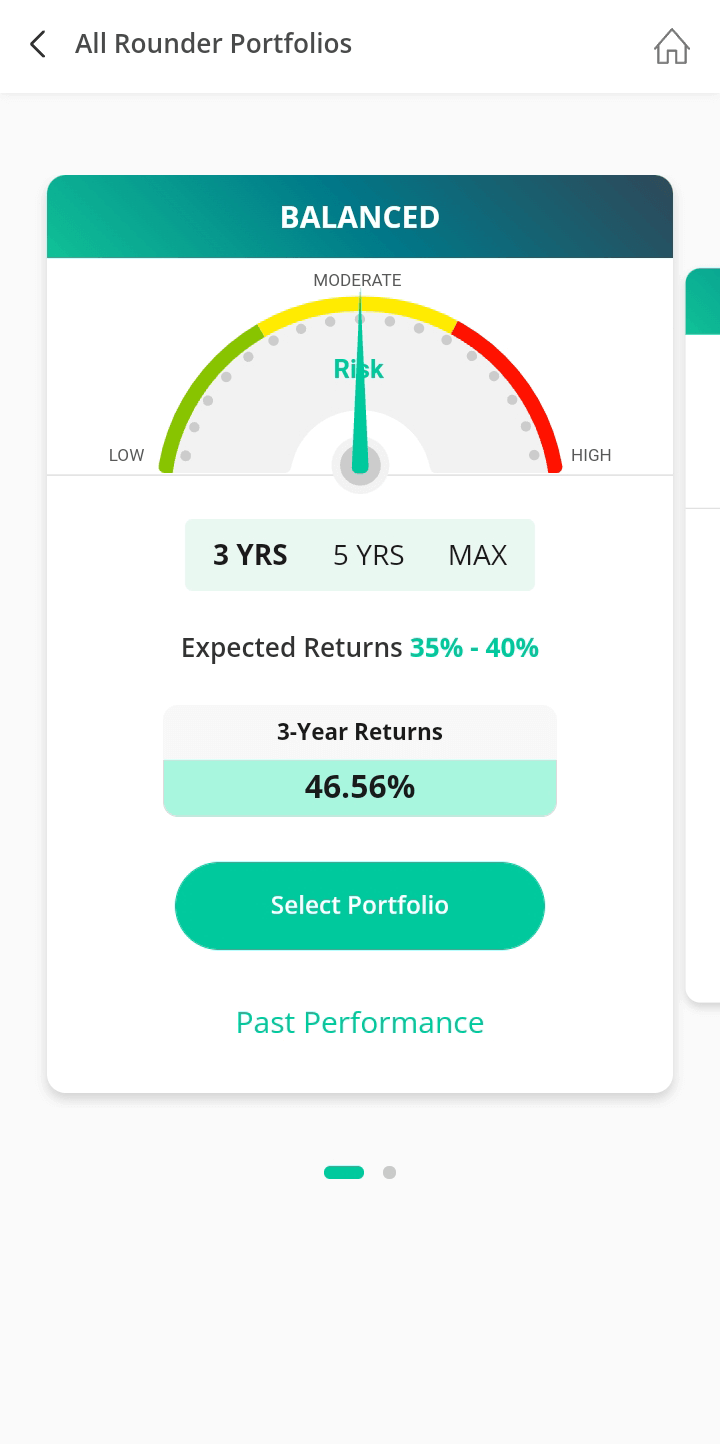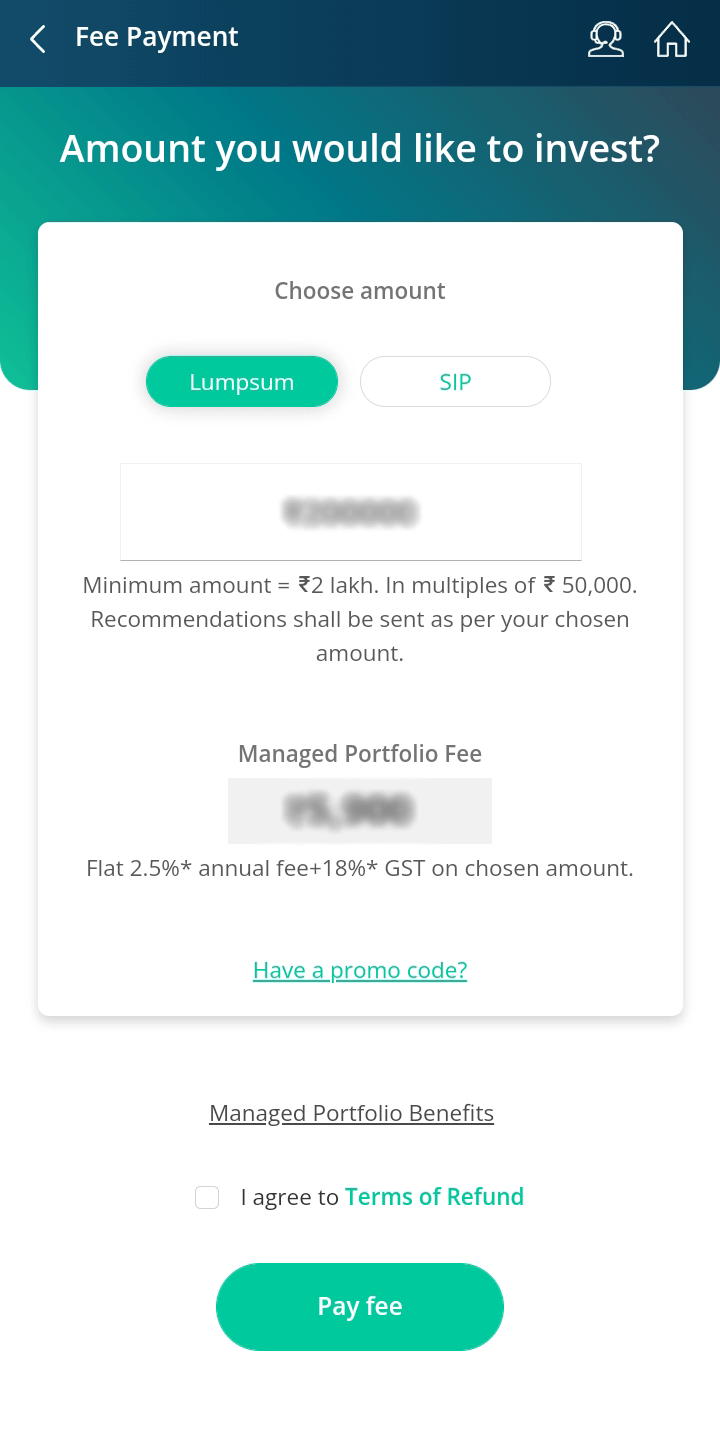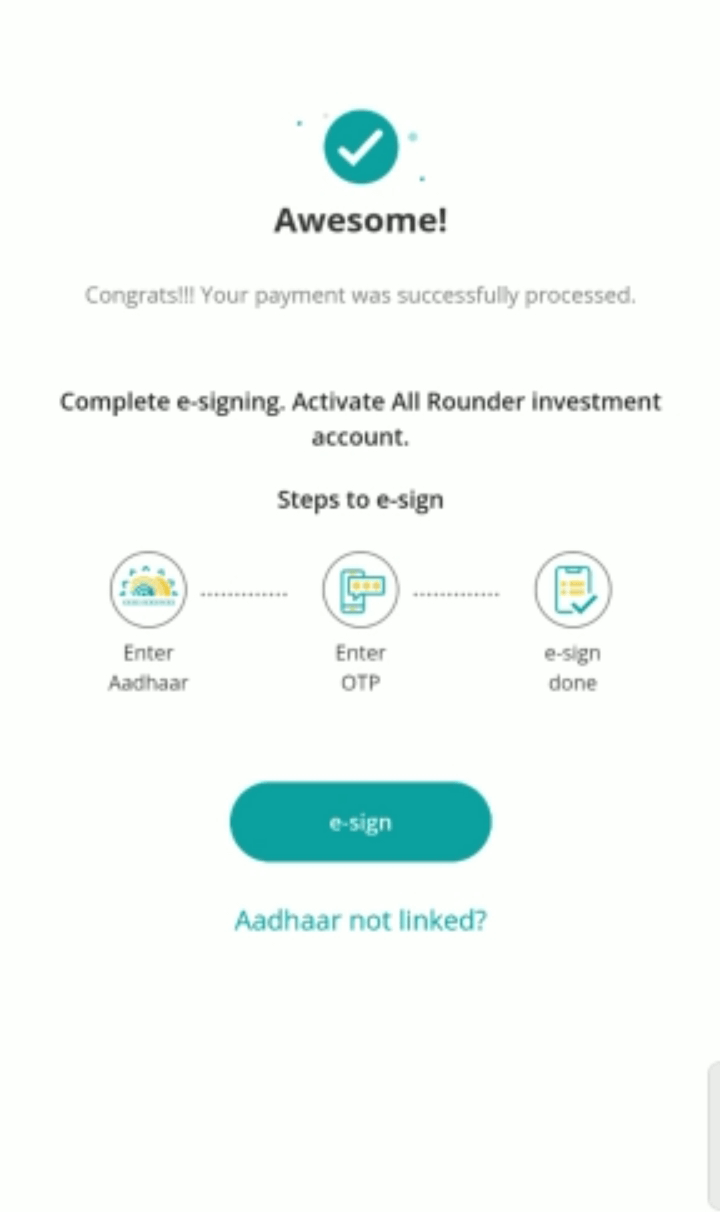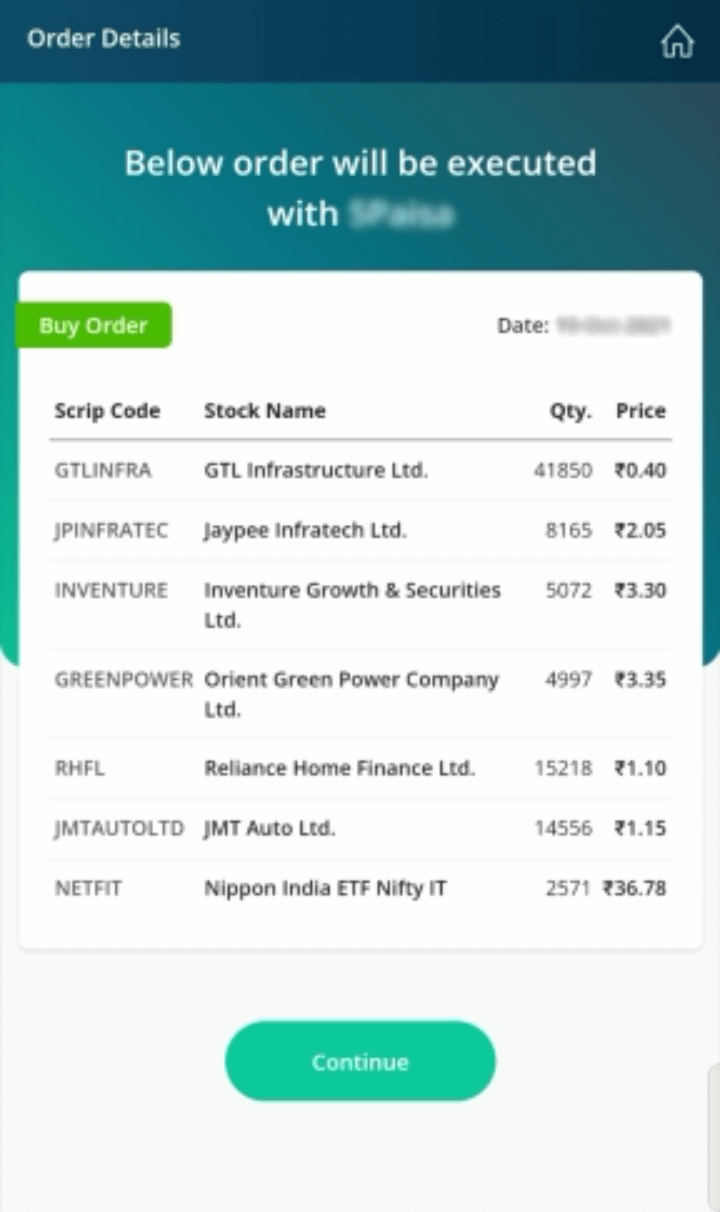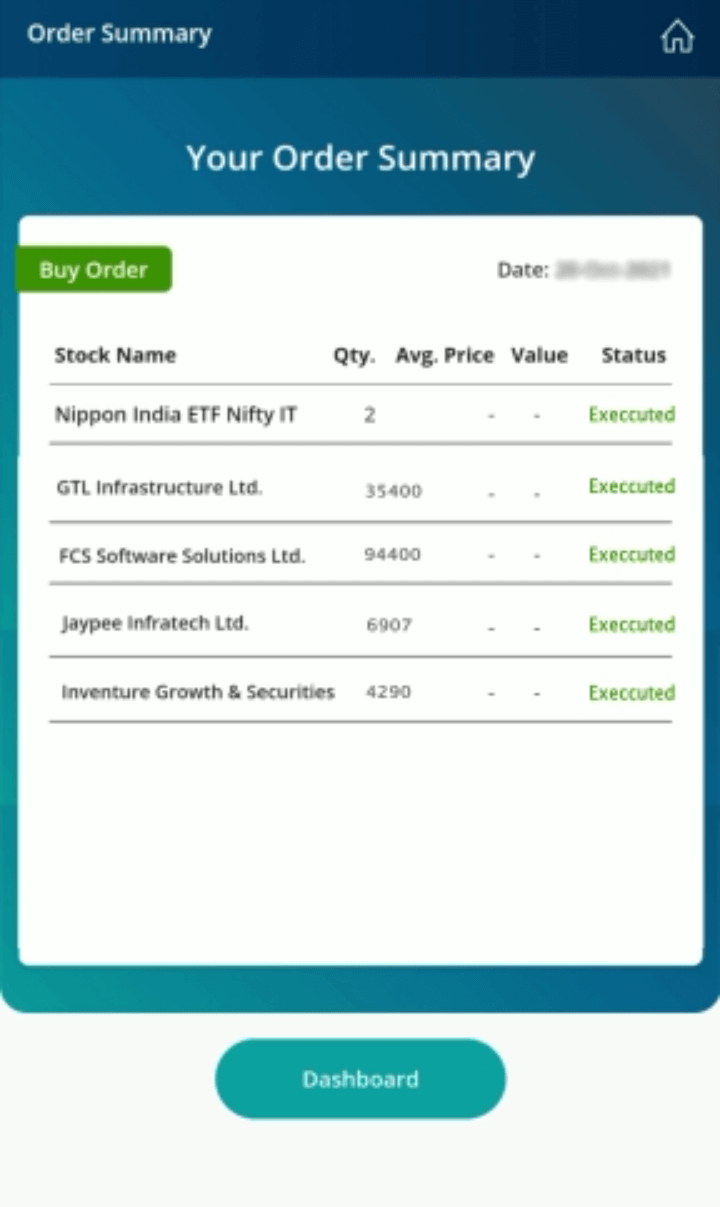Health insurance comes with attractive tax benefits as an added incentive. There is an exclusive section of the Income Tax Act which provides tax benefits for health Insurance-Section 80D.
Under this section, any individual who purchases a health insurance policy by any mode of payment other than cash can avail tax deduction of INR 25,000. This deduction can also be claimed for premium paid with insurable interest towards your spouse, your dependent children or dependent parents.
If your dependent parents are more than 60 years old, then you can claim deduction of up to INR 50,000.
In case both you (the taxpayer) and your dependent parents are 60 years or above, then the maximum deduction you can avail is to the extent of INR 100,000. For example, suppose a taxpayer named Roshan is 65 years old and his father’s age is 90. In this case, the maximum deduction Roshan can claim under section 80D is INR. 100,000.
In addition to this, a cumulative additional deduction of INR 5,000 is allowed for the preventive health check up to individuals effective from FY 2015-16.
